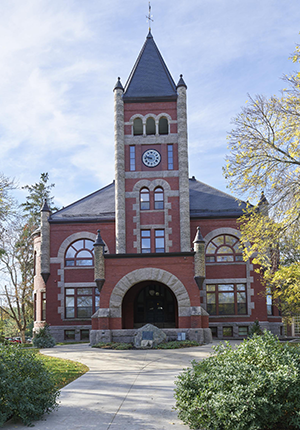Summary
Paul Sweezy was a leading Marxist economist in the middle of the twentieth century. Before World War II, he was a lecturer at Harvard. During the war, he served in military intelligence. Later, he turned away from his academic career and founded an influential left-wing journal, The Monthly Review. He spent the rest of his career as a writer, editor, and public speaker. Sweezy v. New Hampshire explored the importance of academic freedom to American society. In Sweezy, the New Hampshire legislature directed the state attorney general to investigate subversive activities in the state. As part of his investigation, the attorney general subpoenaed Sweezy. Sweezy cooperated with the investigation—answering some of the attorney general’s questions, but refusing to answer others related to his political involvement and to a specific lecture that he delivered at the University of New Hampshire. In his plurality opinion for the Court, Chief Justice Warren did not explicitly frame Sweezy as a First Amendment case. Even so, he offered an important defense of academic freedom and explored the limits of what the government can do to control what happens inside of university classrooms. Furthermore, in a powerful concurrence, Justice Frankfurter celebrated the important role that universities play in allowing a range of voices, including dissenters, to express their views freely.





